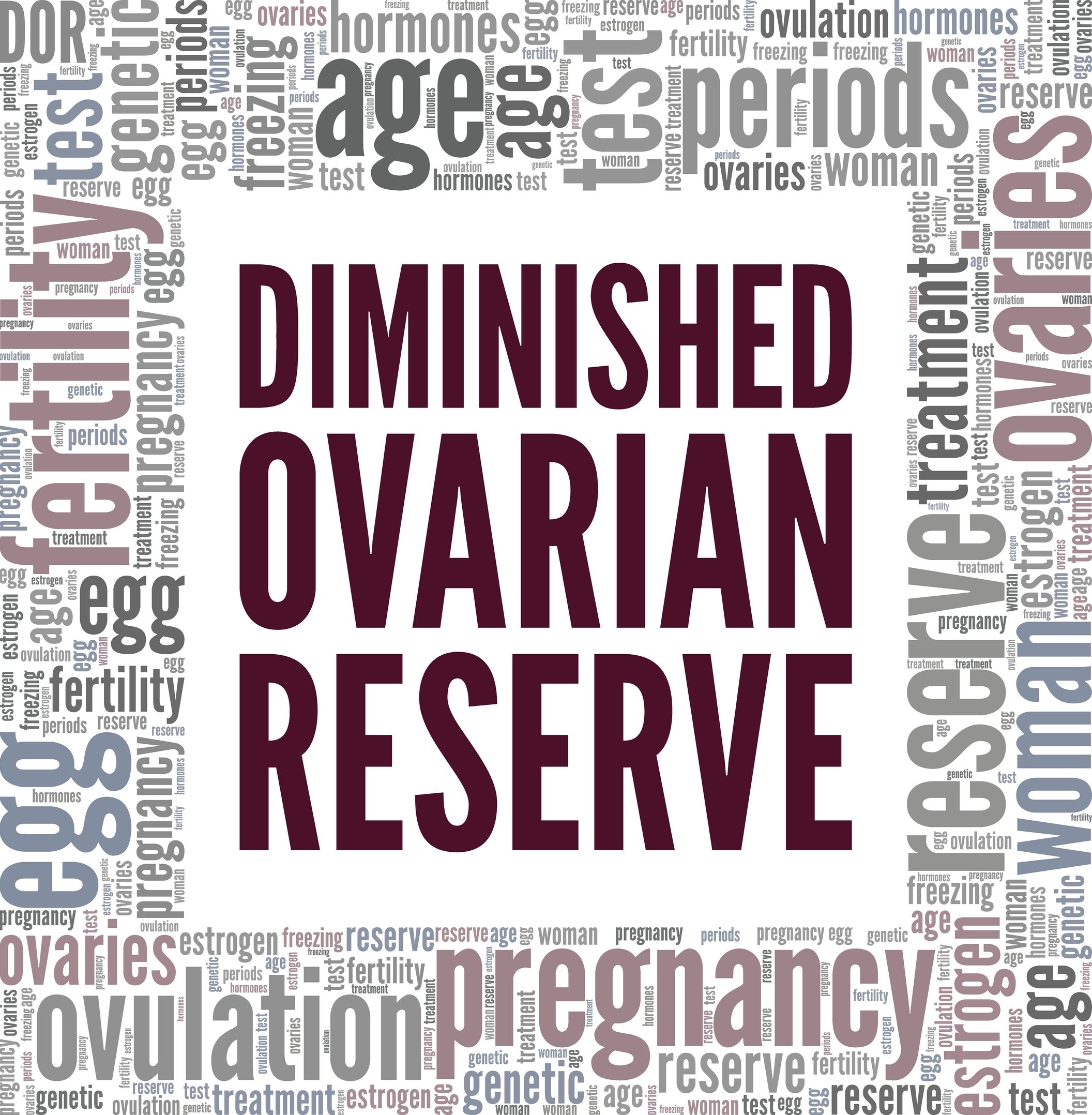
What Is Ovarian Reserve?
Ovarian reserve refers to the number of eggs present in a woman’s ovaries. Unlike other cells in the body, a woman’s egg reserve is finite and starts to decline with age, particularly after 35 years old. However, the rate of decline varies from woman to woman.
This is why it’s essential to assess ovarian reserve individually to determine fertility potential.
How Is Ovarian Reserve Measured?
1. Antral Follicle Count (AFC)
2. Hormonal Profile
Hormonal blood tests measure key hormones that indicate ovarian reserve:
While these tests are highly informative, they are most reliable when combined with a woman’s medical history and an observation of how her ovaries respond to hormonal stimulation.
I Have Low Ovarian Reserve—Can I Get Pregnant?
Natural Pregnancy
With a low ovarian reserve, the chances of achieving a natural pregnancy may decrease, but it’s not impossible. Each case is unique and requires individual assessment.
Assisted Reproduction
Even with a low ovarian reserve, pregnancy rates through assisted reproduction do not necessarily drop. Some women with fewer eggs may still produce high-quality eggs capable of resulting in a successful pregnancy.
Is There a Solution for Low Ovarian Reserve?
While there is currently no technique to improve a confirmed low ovarian reserve, assisted reproduction offers several options:
Your Journey at Sakalli IVF
At Sakalli IVF, we specialize in diagnosing and treating cases of low ovarian reserve. Our experienced team offers:
If you have any questions or need guidance, contact Sakalli IVF today. Let us help you achieve your dream of building a family.
Copyright © Sakalli IVF. All rights reserved